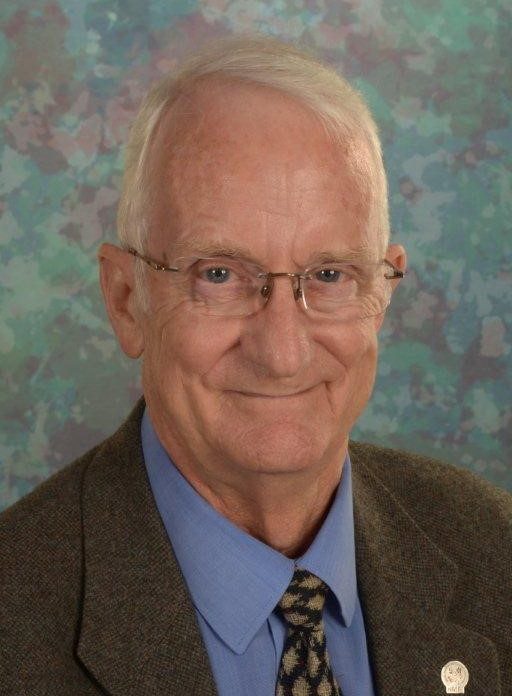Patient and Public Involvement (PPI ) was a central and vital part of the APT project.
We met 8 times over 2 years with our 6 PPI advisors.
We met online using Zoom or Google Meet.
Our PPI advisors were reimbursed for their time.
Our group included 3 people with aphasia and 4 family members of people with aphasia.
Each advisor brought unique insights which helped shape and inform our research.
 |  |  |  |
| Isabella Iyama Onibudo | Colin Lyall | Ruth Watts | Kate Sudworth (PPI rep.) |
 |  |  | |
| Daughter of a person with aphasia | Ian Merriman | [redacted] |
Our PPI advisors helped us by:
- trying out assessments and activities
- giving feedback on materials
- choosing images and wording
- telling people about the APT project in their local area
- giving us advice on how to run the discussion groups with people with aphasia and family members
- checking they are happy with how we have analysed the data from our research participants
- sharing feedback on outcome measures to measure changes in communication
- giving us feedback on how best to share our results
What is it like to be a PPI advisor?
We asked our PPI advisors to share some of their thoughts…
Why did you want to join the APT project?
“To impart my experience of being a carer involving Aphasia.”
Ian Merriman
Why did you want to be a PPI advisor?
I want to join PPI advisor so that I can know what Therapists [are researching] in general…I have experience [of aphasia].
Isabella Iyama Onibudo
What is good about taking part?
“Joining the APT experience helps both to listen to others and to manage communicate my ideas. Importantly, there are times to laugh and have gentle communication. Although I still struggle with words sometimes, I am learning to be more confident in myself.”
Ruth Watts
“The satisfaction of being able to help society to better understand Aphasia.”
Ian Merriman
“It is good about me taking part, I understand because everyone who had a stroke, have differently. I have known what I didn’t know before in therapy.”
Isabella Iyama Onibudo